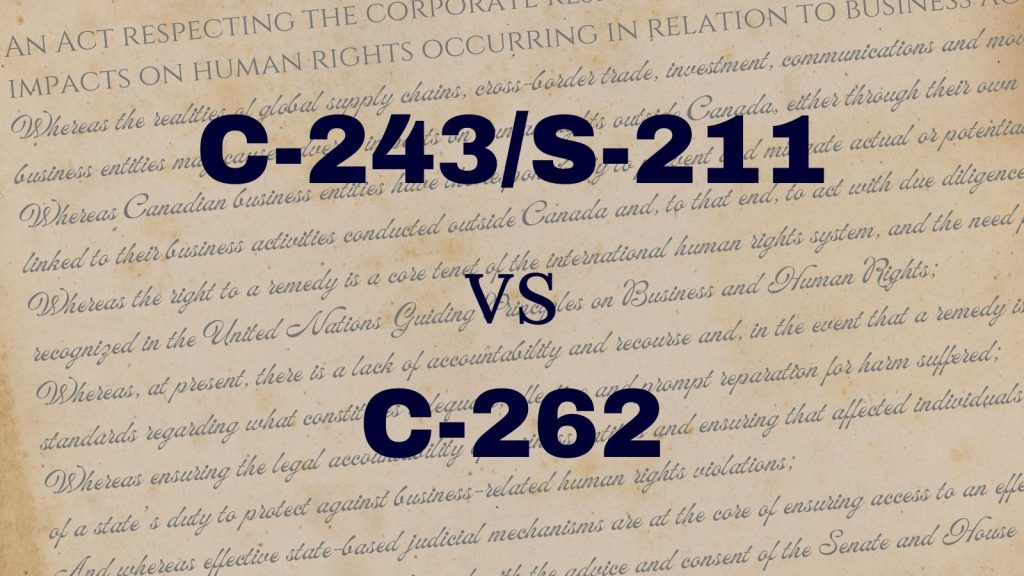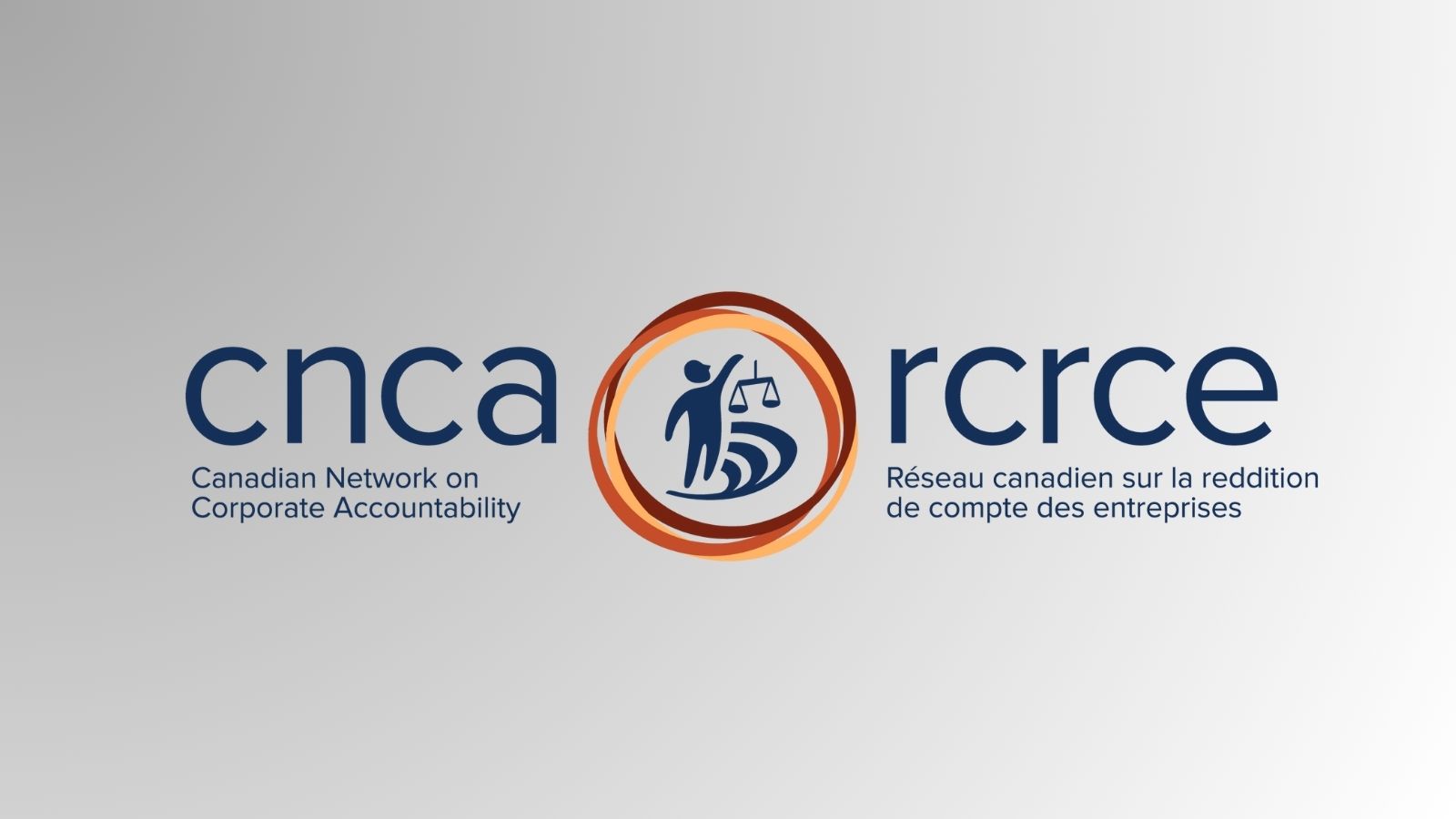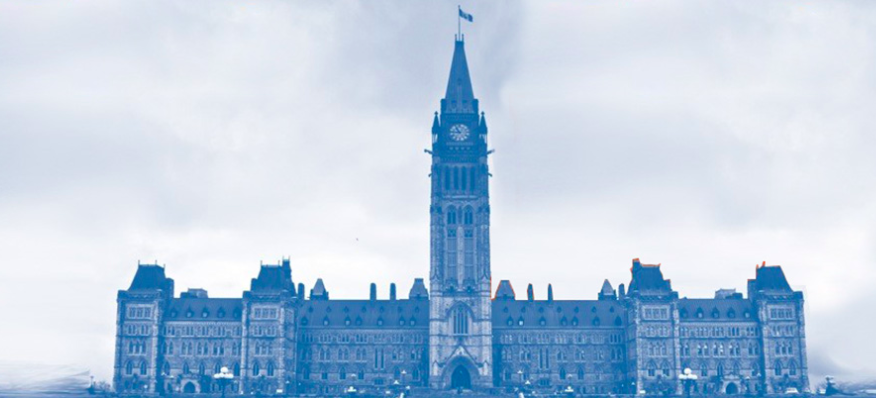Canada must require Canadian companies to respect human rights throughout their supply chains.
Canada is at a crossroads: We can take principled and effective action against harmful corporate practices, or we can remain complicit with ongoing human rights violations.
Canadian companies are responsible for grave human rights abuses in their global operations and supply chains, including killings [1], sexual violence [2], water contamination [3], land grabs [4], poverty wages [5], and forced labour [6]. The United Nations Working Group on Business and Human Rights has repeatedly highlighted the Canadian government’s inaction and called on Canada [7] to implement binding human rights legislation. Canada must finally answer the UN’s call to put in place measures that protect people and the planet.
Canadian parliamentarians are considering two kinds of proposals for a new business and human rights law:
- A Reporting law (represented by Bills C-243 and S-211) requires only that if companies have taken measures to identify forced labour in their supply chains, they must report on them and assess their effectiveness. It does not require companies to take such measures, nor even to confirm or deny whether they have used forced labour.
- A Human rights and accountability law (represented by Bill C-262) would require Canadian companies to respect human rights, would impose penalties for causing harm, and would give communities access to remedy.
Which option will Canada choose?
We prepared this chart to compare the two contrasting approaches and help Canadians cut through the jargon.
Comparative Chart: Bill C-243/S-211 vs. Bill C-262
ESSENTIAL FEATURE | MODERN SLAVERY REPORTING BILL C-243/S-211 | HUMAN RIGHTS AND ACCOUNTABILITY BILL C-262 |
Does it require companies to respect human rights? | NO. Companies are required to report annually on whether they took steps to identify and prevent the use of forced labour, and what they found. It does not require companies to respect human rights. | YES. It recognizes that companies have a responsibility to respect human rights, and must proactively take steps to prevent human rights violations throughout their supply chains and global operations. |
Does it require companies to prevent harm? | NO. It requires an annual report. It does not require companies to prevent harm. | YES. It creates an explicit obligation for companies to prevent serious adverse impacts throughout their supply chains and global operations. |
Does it require companies to take steps to identify, mitigate, prevent and account for human rights and environmental harm in their supply chains (due diligence)? | NO. Companies are not required to take any due diligence measures. A company may report that it has not taken measures and be in compliance with the law. | YES. It creates an explicit obligation for companies to put in place adequate due diligence procedures. It makes reference to international best practice guidance from the OECD and the UN Guiding Principles on BHR. |
Are there meaningful consequences if companies cause harm or fail to implement adequate due diligence procedures? | NO. There are no consequences for failure to prevent harm or for failure to implement due diligence procedures. Failure to report or submitting false reports may result in a fine. As long as a company reports, it can continue to profit from abuse without even a fine. | YES. The legislation provides people with a statutory right to sue a company in Canadian court if it 1) causes or contributes to serious adverse impacts, or 2) acts negligently and fails to put in place adequate due diligence procedures. The company can seek to defend itself from a court order with evidence that it exercised all due diligence. |
Does it help affected people to access justice or remedy? | NO. The legislation does not address people’s right to remedy or justice for harms. | YES. There are several ways in which the legislation helps address existing barriers to accessing Canadian courts. Including that: 1) Impacted people would have a statutory right to bring a civil suit in Canadian court. 2) The legislation creates an obligation to prevent harm and to undertake due diligence throughout a company’s global obligations and supply chains. |
Does it provide agency to impacted communities / workers? | NO. There is no role for impacted community human rights defenders and workers. | YES. Consultation with rights holders is required in a company’s due diligence procedures. Impacted people can access Canadian courts for remedy and to prevent harm. |
Does it apply to companies of all sectors and all sizes, down the entire chain? | NO. The law only applies to companies with 250+ employees, with significant revenue or assets. [8] | YES. The law applies to companies of all sizes, from all sectors, down the entire value chain. Exemptions for small businesses operating in low risk sectors would be done on a sector by sector basis via regulation. |
Does it apply to all human rights? | NO. It applies only to forced labour and child labour. This ignores the internationally accepted principle that human rights are indivisible, interrelated and interdependent, a principle upheld by successive Canadian governments. [9] | YES. It upholds the principle that companies must respect all human rights. It makes reference to the core international human rights conventions, the fundamental ILO conventions, UNDRIP and makes specific reference to the right to a safe, healthy and sustainable environment. |
Endnotes
- The “Canada Brand”: Violence and Canadian Mining Companies in Latin America, Justice and Corporate Accountability Project, December 2016.
- Righting Wrongs? Barrick Gold’s Remedy Mechanism for Sexual Violence in Papua New Guinea: Key Concerns and Lessons Learned, Human Rights Clinic (Columbia Law School) & International Human Rights Clinic (Harvard Law School), November 2015.
- ReconAfrica’s Okavango venture and the push for mandatory human rights due diligence in Canada, Above Ground, 3 November 2021.
- Report – Development Finance as Agro-Colonialism: European Development Bank funding of FeroniaPHC oil palm plantations in the Democratic Republic of Congo, published jointly by RIAO-RDC (DR Congo), FIAN Belgium, Entraide et Fraternité (Belgium), CCFD-Terre Solidaire (France), FIAN Germany, urgewald (Germany), Milieudefensie (The Netherlands), The Corner House (UK), Global Justice Now (UK), World Rainforest Movement (International), GRAIN (International), January 2021.
- New Report Links Canadian Retailers to Never-Ending Hardships of Bangladeshi Garment Workers, United Steelworkers, 21 March 2021.
- The truth about your lifesaving PPE, CBC News, 15 January 2021.
- UN report tells Canada to do more to combat human rights abuse by business overseas, Canadian Network on Corporate Accountability, 19 June 2018.
- Applies to companies for which TWO of the following apply: (i) it has at least $20 million in assets, (ii) it has generated at least $40 million in revenue, and (iii) it employs an average of at least 250 employees
- For example, see Joint Statement of foreign ministers on increased restrictions on the human rights of Afghan women and girls, Global Affairs Canada, May 13 2022.





